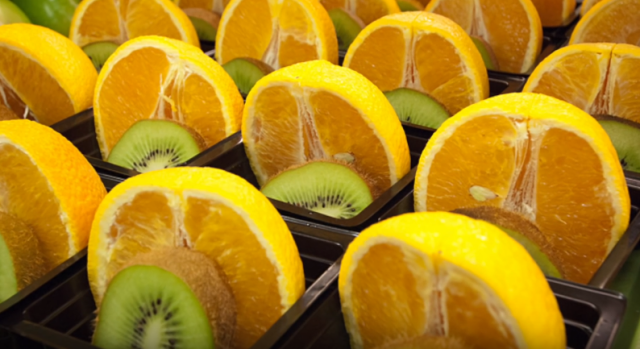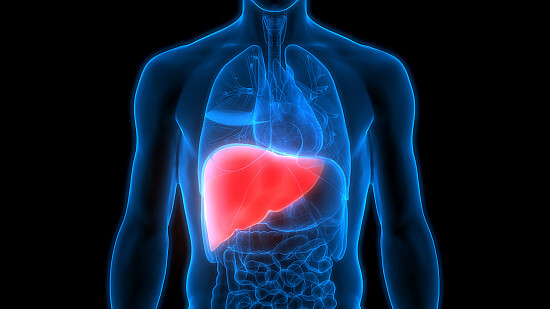Vitamin C and antibiotics 100 times powerful at killing cancer
Wed 14 Jun 2017, 10:37:39

Vitamin C and antibiotics may be up to 100 times more effective at killing cancer cells than standard drugs, new research claims.
Cancer stem cells, which fuel the growth of fatal tumours, can be knocked out by a one-two combination of antibiotics and Vitamin C, researchers at the University of Salford in the UK said. The antibiotic, doxycycline, followed by doses of ascorbic acid, were surprisingly effective in killing the cancer stem cells under laboratory conditions.
The researchers said their method offers a new explanation for how to prevent cancer cells from becoming treatment-resistant and how combinations therapies can be developed to overcome drug resistance.
The team showed that Vitamin C to be up to ten times more effective at stopping cancer cell growth than pharmaceuticals such as 2-DG, but they say that when Vitamin C is combined with an antibiotic, it is up to ten times more effective, making it nearly 100 times more effective than 2-DG.
As doxycycline and Vitamin C are both relatively non-toxic, this could dramatically reduce the possible side- effects of anti-cancer therapy, researchers said."Certain cancer cells – which we call metabolically flexible - are able to switch their fuel source," said Professor Michael Lisanti from University of Salford. "Thus, when the drug treatment reduces the availability of a particular nutrient, the flexible cancer cells can feed themselves with an alternative energy source," said Lisanti.
The
new combination approach prevents cancer cells from changing their diet (metabolically inflexible), and effectively starves them, by preventing them from using any other available types of bio-fuels.
new combination approach prevents cancer cells from changing their diet (metabolically inflexible), and effectively starves them, by preventing them from using any other available types of bio-fuels.
The team added doxycycline in ever increasing doses over a three-month period, to induce metabolic inflexibility. The result was to leave the cancer cells alive, but severely attenuated and depleted, so that they would be much more susceptible to starvation, by a second metabolic "punch".
First, the researchers inhibited the tumour cell mitochondria, by restricting the cancer cells only to glucose as a fuel source; then, they took away their glucose, effectively starving the cancer cells to death.
"In this scenario, Vitamin C behaves as an inhibitor of glycolysis, which fuels energy production in mitochondria, the 'powerhouse' of the cell," said Federica Sotgia, co-author of the study published in the journal Oncotarget.
The team also identified eight other drugs that could be used as a "second-punch" after the antibiotic regime, including berberine (a natural product) - and a number of cheap non-toxic approved drugs.
"This is further evidence that Vitamin C and other non-toxic compounds may have a role to play in the fight against cancer," Lisanti said."Our results indicate it is a promising agent for clinical trials, and a as an add-on to more conventional therapies, to prevent tumour recurrence, further disease progression and metastasis," he said.
No Comments For This Post, Be first to write a Comment.
Most viewed from Health
AIMIM News
Latest Urdu News
Most Viewed
May 26, 2020
Do you think Canada-India relations will improve under New PM Mark Carney?
Latest Videos View All
Like Us
Home
About Us
Advertise With Us
All Polls
Epaper Archives
Privacy Policy
Contact Us
Download Etemaad App
© 2025 Etemaad Daily News, All Rights Reserved.






























